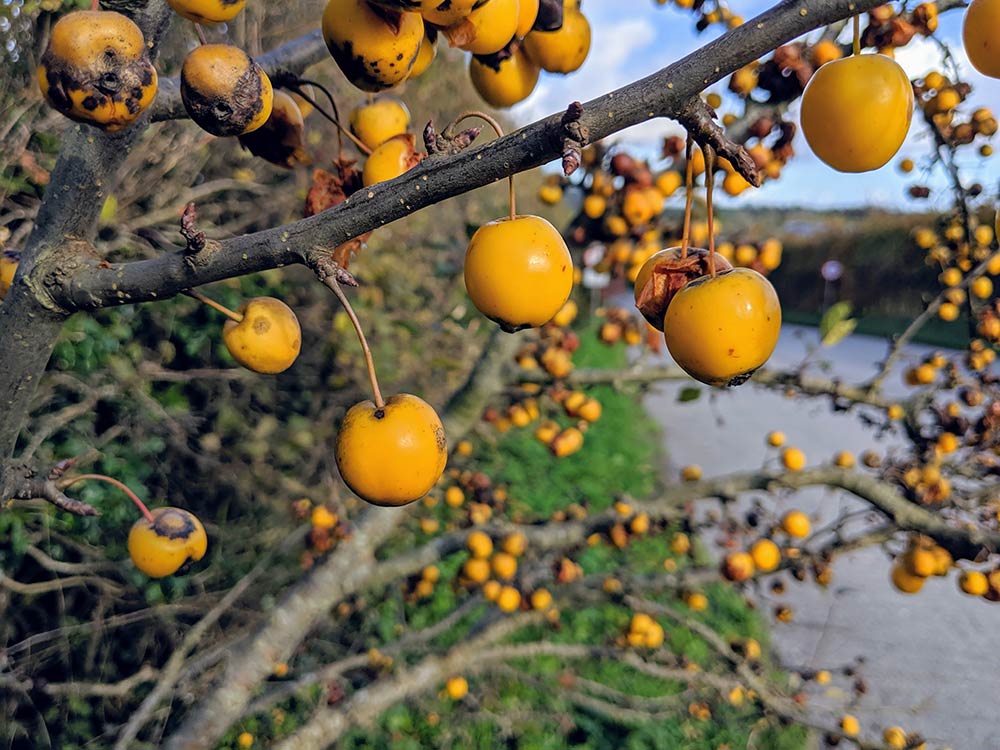As I left work this evening, I spent 20 minutes gathering chestnuts under the trees surrounding our barn. On the driveway leaving the farm are fallen hazelnuts, crab apples, quinces and medlars, which join the already rotted damsons and plums. Is food so cheap and abundant that no one can be bothered to collect it? Or perhaps, thanks to that abundance, we have lost the knowledge and confidence to gather and prepare food without a sell-by date on it?
Cranfield University recently published a study suggesting that organic farming, despite reducing emissions per acre of cultivated land, would increase emissions globally, food yields would reduce by up to 40 per cent, resulting in more grassland or forest being cultivated elsewhere to compensate.
The logic is sound if you believe that our global food system is driven by nutritional need. But in a world where more people are obese than undernourished; where a third of all food goes to waste; where maize is grown to generate energy (which is almost certainly bad for the environment); where most of us eat three times more meat than is good for us or the planet; in this world, the study’s logic is that of unquestioned dogma.

In the tropical, low-wage economies where food security is an issue, organic farming can be much more productive, and is unquestionably more socially and environmentally sustainable. Food insecurity is almost always the result of income inequality, iniquitous land distribution, or war (plus, increasingly, climate change).
Globally we produce more food than we can eat – it’s just the wrong food, in the wrong mouths. We are asking over-simplified questions, because the important, systemic questions are too complex for our clumsy economics to cope with.
To loosely quote Einstein: “We can’t solve problems using the same thinking we used when we created them.” For years I have heard arguments that we need GM crops and artificial pesticides to feed rising populations, that intensively-farmed livestock produces more food for less methane and CO2, that the answer is ‘sustainable intensification’ as advocated by the agrochemical industry.
Within a narrow frame, these statements can be accurate – but in a long-term, holistic view, there are invariably unquantified consequences. If there is no soil left, no pollinators, and a decimated environment, we will have paid a high price for the food that we waste.















I was looking for some info on that research because I figured there was a high chance that something was wrong with it. Thanks for the op-ed on it.
I see the Cranfield scientist with a couple of others also published in Nature:
https://www.nature.com/articles/s41467-019-12622-7
There are a fair number of comments, mostly highly critical – to the point that one wonders why Nature published it – Nature is a great paper for a scientist to get published by, and normally sets a high bar. Looks like the peer review process was not done adequately.
I read about this news in google